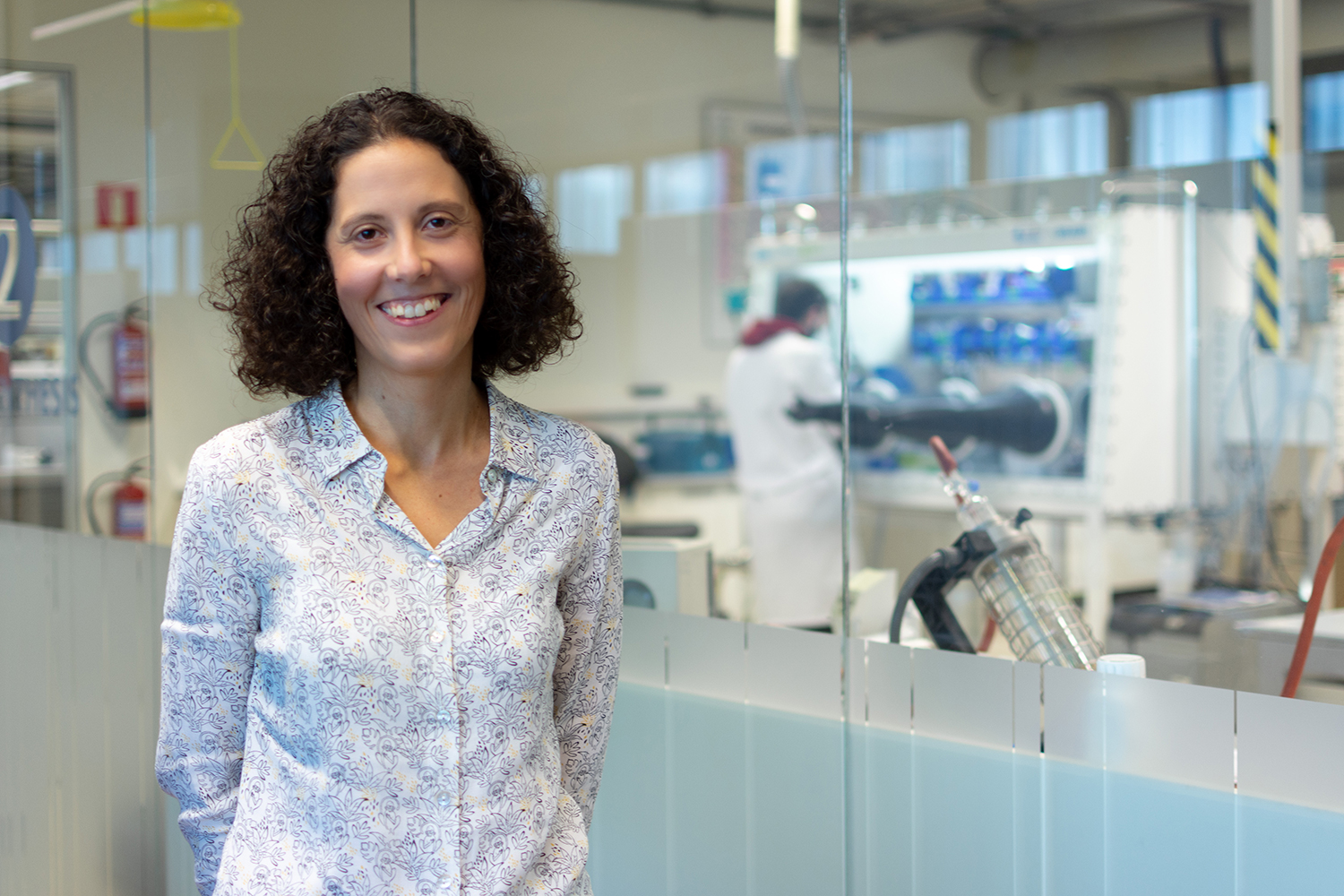CIC biomaGUNE, Basque research center specialized on Biomaterials, and CIC energiGUNE, Basque research center of reference in electrochemical and thermal energy storage —both members of the Basque Research & Technology Alliance-BRTA— are going to work together in the development of the conductive capacities of proteins as a sustainable alternative for traditional electronic technologies. This innovative proposal is framed within the European project e-Prot, coordinated by the Ikerbasque professor Aitziber L. Cortajarena of CIC biomaGUNE as well as other 7 European associates apart from CIC energiGUNE, and it will be entirely funded by the European Commission inside the FET Open program (Future Emerging Technologies) 2020.
The main goal of e-Prot is to develop a technological platform for bioelectronic systems based on proteins and their capacity to conduct electricity in an efficient manner. In this way, an alternative is offered to traditional technologies used in the electronics industry by manufacturing protein-based structures and conductive materials.
This investment, which according to the people responsible will entail “a radical shift in the design of electronic devices and ecological energy storage devices”, includes a multidisciplinary scientific vision that combines the principles of biomolecular design wit the cutting-edge characterization techniques, in order to set a solid base with regard to its technological implementation.





